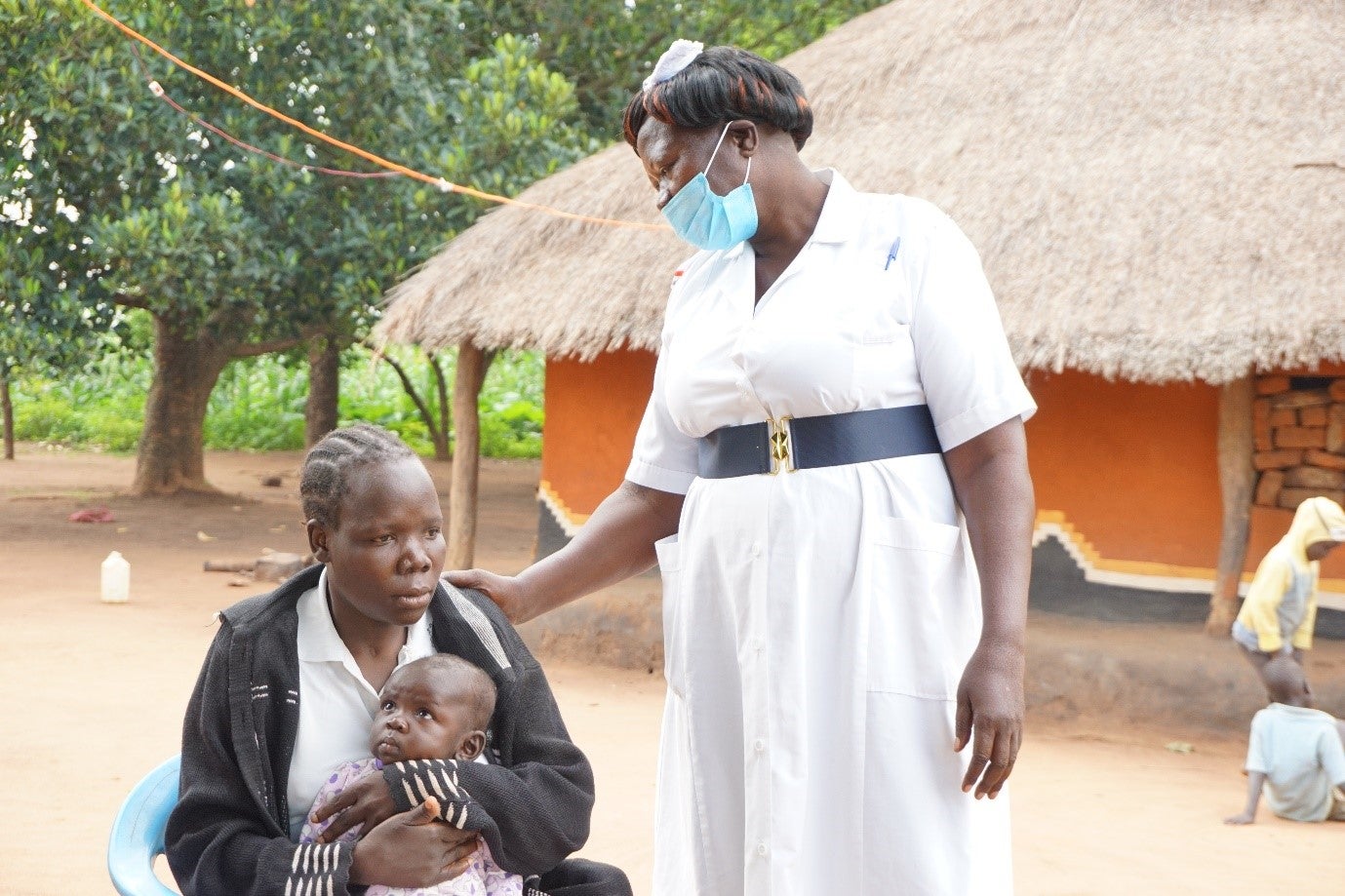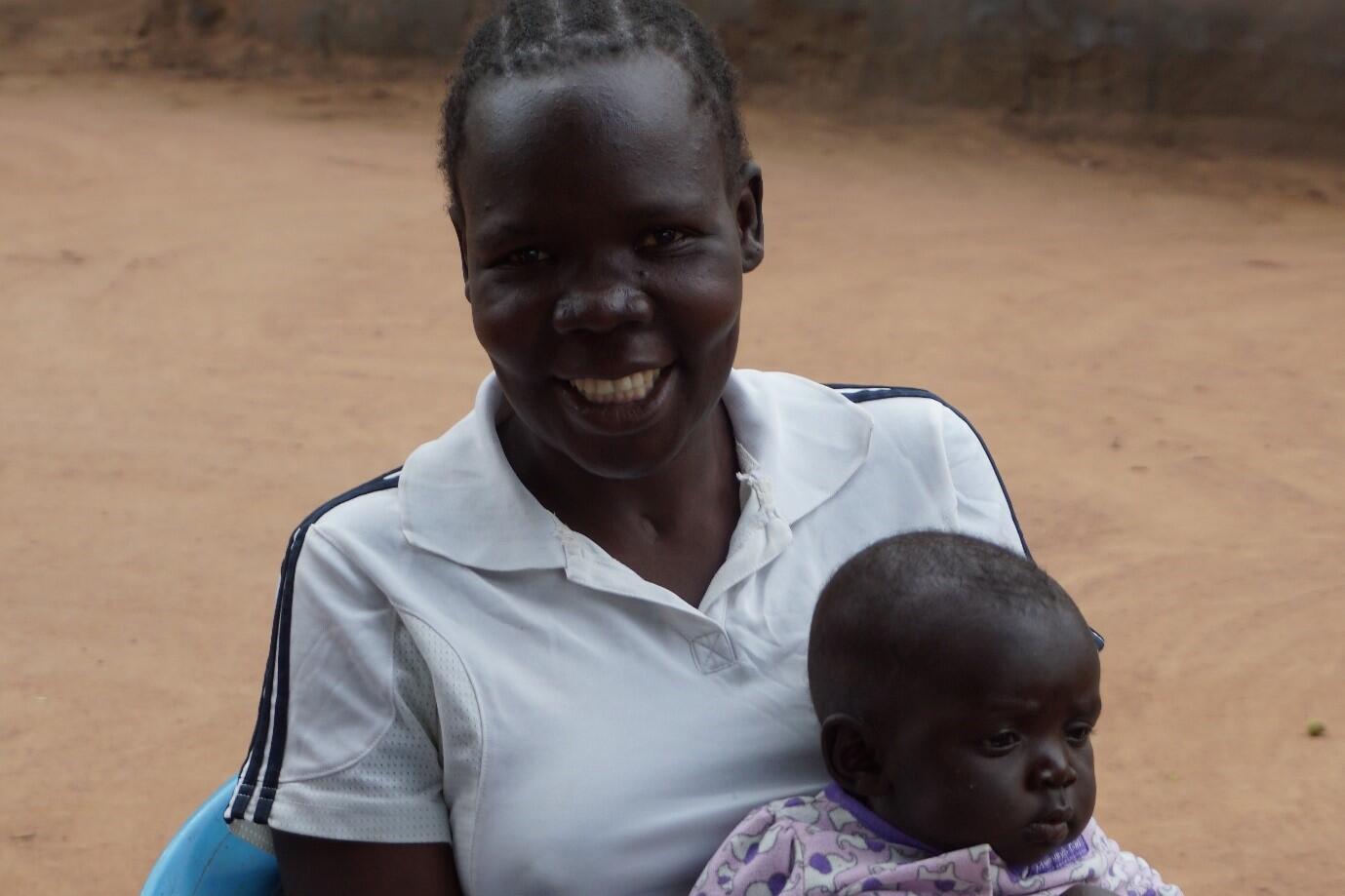YUMBE: Twenty - year- old Siasa Hasfa was heavily pregnant and tried to deliver at home. A South Sudanese refugee living in Juba village, Limidia Parish, Kochi sub-county of Yumbe district, Hasfa experienced maternal complication caused by prolonged labour and rushed to Alanoor HC II. However, the situation proved more complicated to be handled at that level of care.
It was then that Hasfa was again referred to Midigo HC IV where she was quickly assessed and taken to theatre to have the delivery by caesarean section. This was her fourth pregnancy after losing her first baby soon after delivery.
However, during the operation, she developed life threatening complications which was diagnosed as amniotic emboli, a condition that occurs when fluids from the baby sac gets accidental entry into the mother’s blood stream through the uterus. Based on consultations, a decision was made to refer Hasfa to Lacor Hospital in Gulu District – a 250 km journey - for a highly skilled care.
At this point, the standby ambulance provided by UNFPA proved very essential in saving the life of Hasfa and her baby. On the ambulance, Hasfa was provided with oxygen, medicines and fluids all through her referral from Midigo in Yumbe district to Lacor Hospital.
Sister Jacinta Abalo, the in-charge of the maternity unit in Midigo HC IV, who attended to Hasfa cites the support from UNFPA as being one of the factors that saved Hasfa and many other complicated maternity and neonatal cases.

PHOTO: UNFPA/Francis Engwau.
“Had it not been for the well-equipped ambulance provided by UNFPA, we could have lost this mother. With oxygen and lifesaving equipment and medicines in the ambulance, we were able to keep the Hasfa alive until she reached Lacor Hospital where she was immediately admitted into the intensive care unit (ICU).
“During the referral, we were in constant communication with Lacor Hospital staff who prepared to receive the patient long before we arrived there.”
According to Sr. Abalo, the quick consultations among the clinicians on the decision to take the patient to the best referral point was also key in assisting the patient.
Dr. Pamela Auma, the in-charge of Midigo health centre IV echoes the same, saying support from UNFPA as being one of the key factors that that has saved many mothers and their babies.
“The ambulance has helped a lot in the referrals from the lower level health facilities to Midigo HC IV, but also from Midigo to the major hospitals in the region especially Arua regional referral Hospital and Lacor Hospital. In some cases we refer cases as far as Mulago National referral Hospital in Kampala with this ambulance. This is an 8- hour journey,” she said.
She added that what contributed to Hasfa’s survival were good team work, availability of medicines and supplies including oxygen, good working relations beyond the district, quick decision making to consult a senior, a good ambulance which is fully equipped and could move the patient who was in a very critical condition, and availability of the two skilled staff who escorted the patient during the ambulance referral.
Sharing a boarder with South Sudan, Yumbe district hosts 232,722 refugees (mainly from South Sudan), almost a third of the total district population of 629,400. UNFPA has been supporting the district in areas of maternal health, data and population, youth engagement, Sexual and Reproductive Health/Gender based Violence/ HIV integration, capacity building, and coordination.
UNFPA is also supporting the district with four recruited midwives in providing life-saving maternal health services including provision of life-saving commodities and support to referral of mothers with complicated labour/deliveries.
-Story by Francis Engwau



